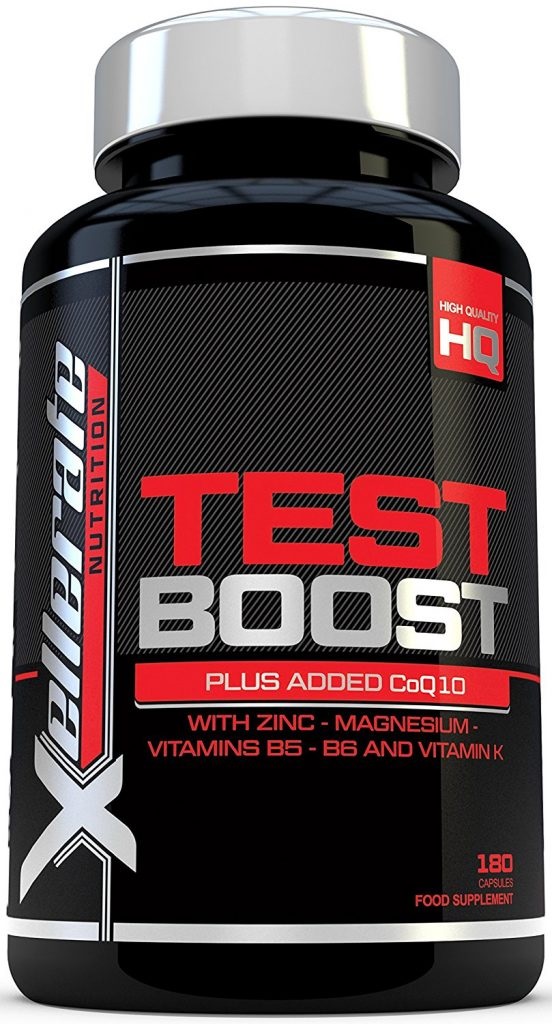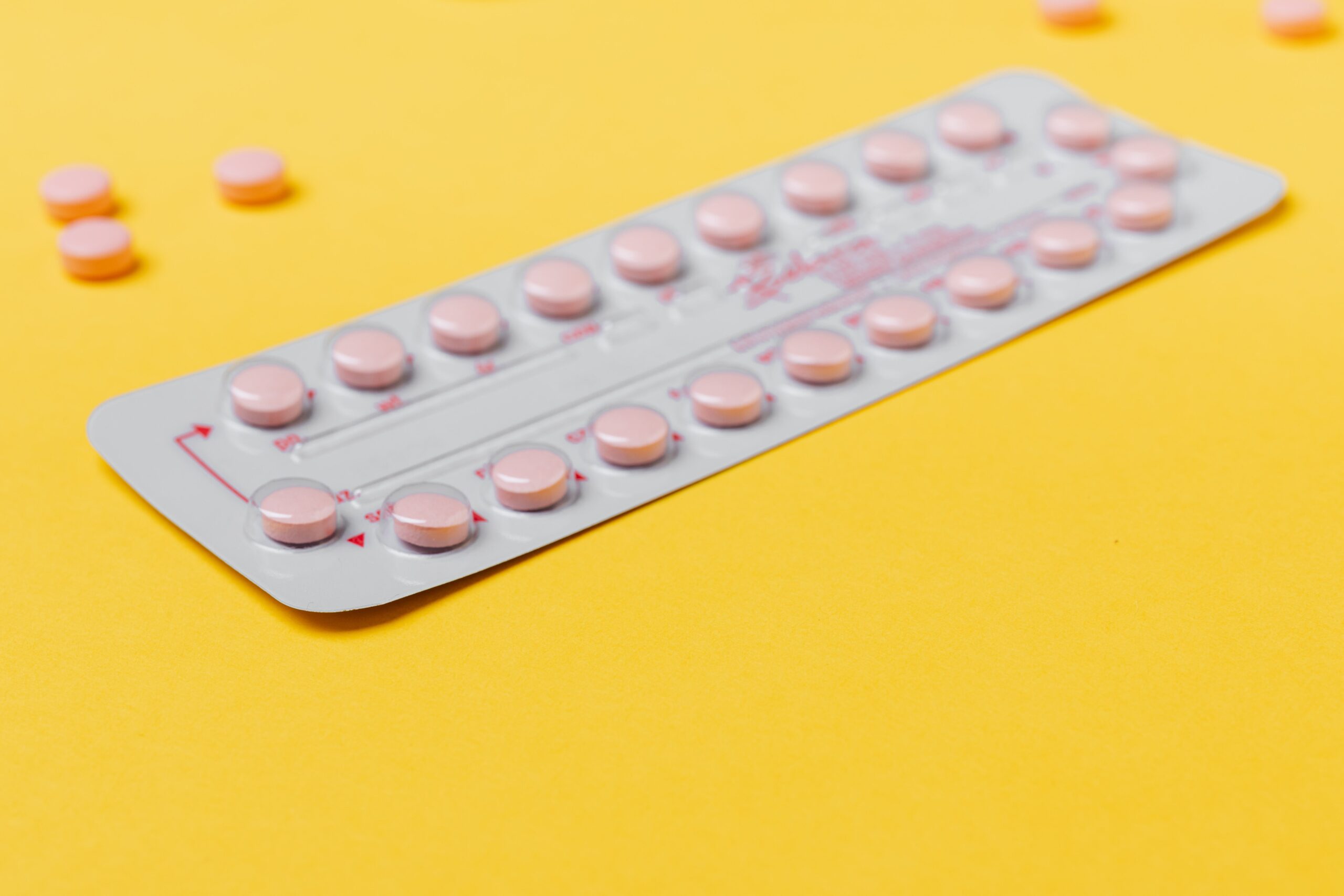Diabetes is a chronic condition that affects how the body processes glucose, a type of sugar. As individuals with diabetes explore various health supplements, questions arise about the potential impact of testosterone boosters on blood sugar levels. While research on this specific interaction is limited, understanding the potential effects of test boosters on diabetes is crucial for those managing this condition.
Testosterone and Insulin Sensitivity:
Some studies suggest a connection between testosterone levels and insulin sensitivity. Insulin is a hormone that regulates blood sugar, and higher testosterone levels may enhance insulin sensitivity. However, it’s essential to note that the relationship between testosterone and insulin is complex, and the impact of testosterone boosters on individuals with diabetes may vary.
- Vitamin D Shocking Benefits For Mental Health
- Will Getting Enough Vitamin D Help With Sleeping?
- Does Vitamin D Supplements Boost Testosterone
- Does Vitamin D Supplement Support Hair Growth
- Vitamin D And Your Energy Levels What To Know
Individual Responses and Hormonal Balance:
Individual responses to testosterone boosters can vary, and the effects on blood sugar levels may depend on factors such as dosage, overall health, and hormonal balance. For individuals with diabetes, any supplement that may influence hormonal levels should be approached with caution. Monitoring blood sugar levels regularly and consulting with a healthcare professional is advisable when considering the use of testosterone boosters.
Caution and Professional Guidance:
While there may be theoretical connections between testosterone levels and insulin sensitivity, it’s crucial to approach the use of test boosters with caution, especially for individuals with diabetes. Hormonal imbalances can have complex effects on the body, and professional guidance from a healthcare provider is essential to ensure that the use of testosterone boosters aligns with an individual’s overall health and diabetes management plan.
Lifestyle Factors and Comprehensive Approach:
Managing diabetes involves a holistic approach that includes proper nutrition, regular exercise, and medication management. Testosterone boosters should be considered within the context of an individual’s overall lifestyle and diabetes management. Lifestyle factors play a significant role in blood sugar control, and any changes, including the use of supplements, should be discussed with a healthcare professional to ensure they align with the individual’s health goals.
In conclusion, while there may be potential connections between testosterone levels and insulin sensitivity, the impact of test boosters on diabetes is not fully understood. Individuals with diabetes should approach the use of testosterone boosters with caution, seek professional guidance, and monitor their blood sugar levels regularly to ensure a comprehensive and safe approach to diabetes management. Shop raw supplements, bulk discount, lab tested 5% off here!

Buy Test Boosters Online
We Have Some Of The Best Test Boosters Out There!
Come have a look what types of Test Boosters we have? Shop the best Test Boosters! We have found the best deals! Or please feel free to read more about the many benefits of Test Boosters supplements on site.
FAQs
1. Can testosterone boosters be used as a treatment for diabetes?
- Answer: Testosterone boosters should not replace standard diabetes treatments. While there’s some research on the connection between testosterone levels and insulin sensitivity, these supplements should be considered as complementary to, not a substitute for, established diabetes management.
2. Will testosterone boosters worsen blood sugar levels in individuals with diabetes?
- Answer: Individual responses to testosterone boosters vary, and their impact on blood sugar levels isn’t fully understood. It’s essential for individuals with diabetes to monitor their blood sugar levels regularly and consult with a healthcare professional before incorporating testosterone boosters into their routine.
3. Can testosterone boosters be beneficial for individuals with diabetes?
- Answer: Some studies suggest a potential link between testosterone and insulin sensitivity. However, the overall impact of testosterone boosters on individuals with diabetes is complex and may vary. Professional guidance is crucial to determine the suitability of these supplements for each individual.
4. Are there specific risks associated with using testosterone boosters for individuals with diabetes?
- Answer: While research is ongoing, there’s limited evidence on the risks associated with using testosterone boosters in individuals with diabetes. However, any supplement that may impact hormonal balance should be approached with caution, and consultation with a healthcare professional is advisable.
5. How should individuals with diabetes approach the use of testosterone boosters?
- Answer: Individuals with diabetes considering testosterone boosters should consult with their healthcare provider. Monitoring blood sugar levels regularly is essential, and any changes to the diabetes management plan, including the addition of supplements, should be discussed with a professional to ensure safety and alignment with overall health goals.








